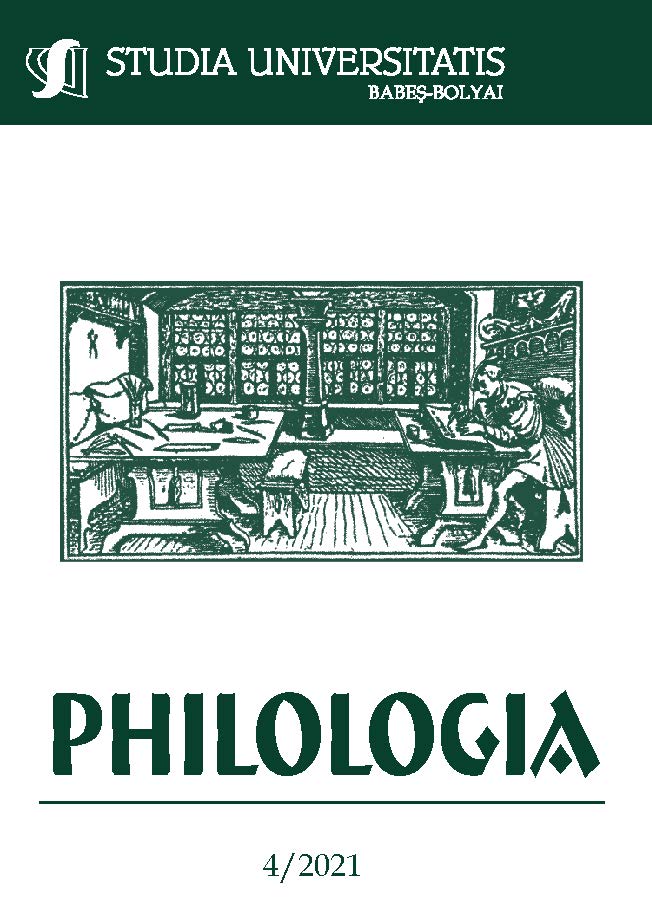Futuro Pasado. La Evolución Del Concepto Poesía en Octavio Paz
Future Past. The Evolution of the Concept of Poetry in Octavio Paz
Author(s): Alí Calderón FarfánSubject(s): Language and Literature Studies, Studies of Literature, Other Language Literature
Published by: Studia Universitatis Babes-Bolyai
Keywords: Octavio Paz; style; poetics; post-utopian time; semantics of concepts;
Summary/Abstract: Future Past. The Evolution of the Concept of Poetry in Octavio Paz. Octavio Paz (1914) is a poet writing in Spanish whose aesthetic ideas have built a vision of relevant poetry for at least three traditions: poetry in French, English and, of course, Spanish. This study will analyze, from the metalinguistic perspective proposed by Reinhart Koselleck, how the concept of “poetry” evolved in the thought of the Mexican Nobel Prize winner. Framed by his tradition, by his space of experience, Octavio Paz wrote works that have been instrumental in understanding and valuing poetry in the twentieth century. From “Poesía de soledad y poesía de communion” (1943) to La otra voz, Poesía y fin de siglo (1990), Paz synthesized the aesthetic ideas of his time in El arco y la lira (1956), rethought the lyrical exercise in “Los signos de rotación” (1956), modified his poetic in the prologue to Poesía en movimiento and made his position explicit in Los hijos del limo and his thoughts on Lévi-Strauss and Marcel Duchamp. By focusing on these texts, as well as on a corpus of conferences, interviews, correspondence and even poetry recitals, this study explores the evolution of poetic thought and the horizon of expectations that the work of the last Spanish-speaking poet who received the Nobel Prize opens for us.
Journal: Studia Universitatis Babes-Bolyai - Philologia
- Issue Year: 66/2021
- Issue No: 4
- Page Range: 173-186
- Page Count: 14
- Language: Spanish

